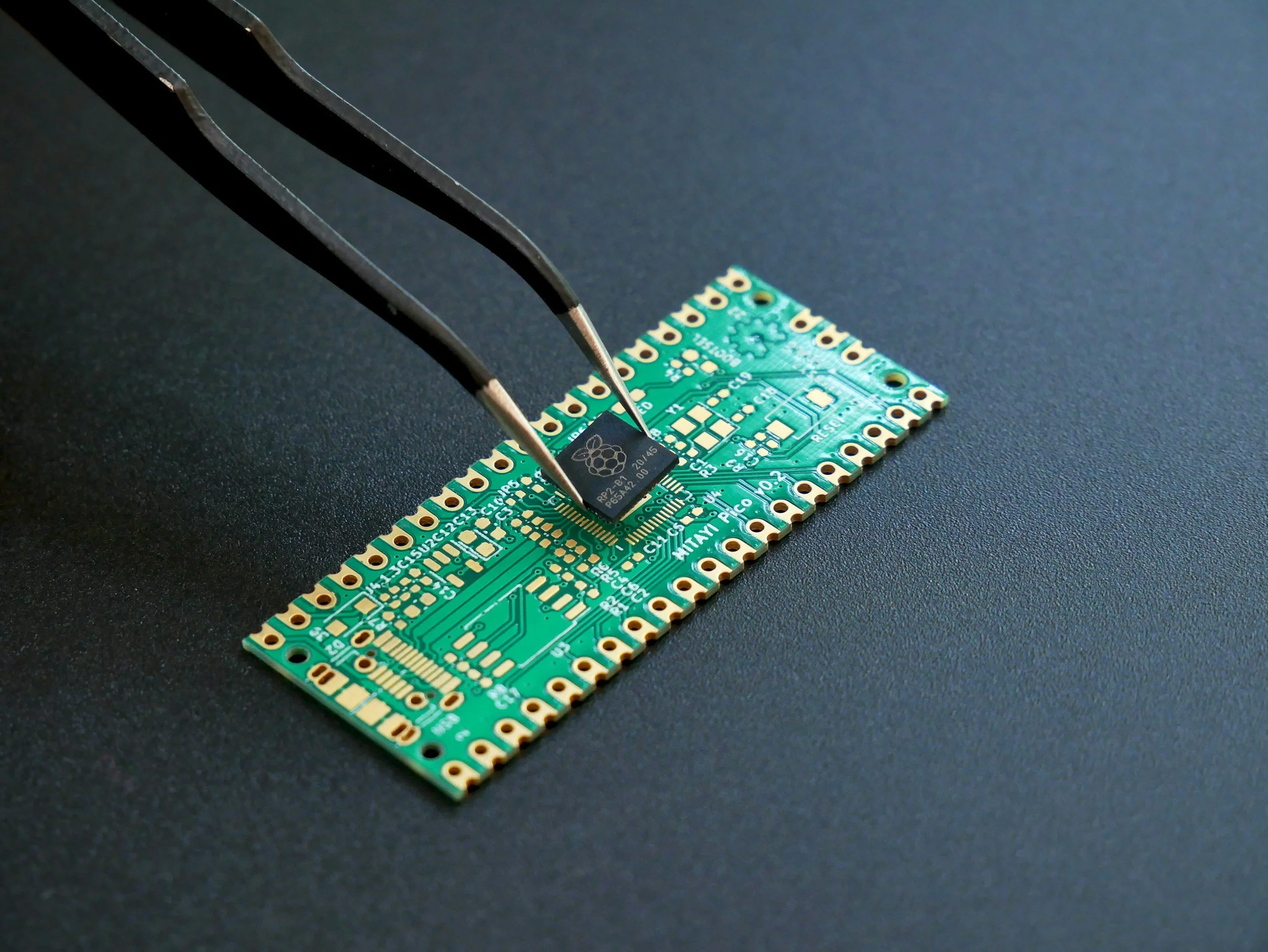Inside Out: Breaking Down the Components of Your Old Electronics
Every electronic device, whether it's a smartphone or a laptop, comprises a multitude of components and materials. As technology progresses and gadgets become outdated, the question of what happens to these components arises. In this post, we'll delve into the intricate makeup of your old electronics, dissecting their components to understand their composition and the critical need for responsible electronics recycling.
What Materials Are Found in E-Waste
1. Precious Metals:
Electronic devices contain valuable precious metals like gold, silver, and platinum. According to the United Nations Global E-Waste Monitor 2020, approximately 7% of the world's gold supply and 33% of its silver supply come from recycled electronics. Recovering these precious metals through recycling not only conserves natural resources but also reduces the environmental impact of mining operations. Some precious metals commonly extracted:
Circuit Boards (PCBs): Gold (plating for connectors, contacts), Silver (plating for circuits)
Connectors and Contacts: Gold (plating for reliable electrical conductivity and corrosion resistance)
Semiconductor Chips: Gold, Silver (used in bonding wires and other components)
Memory (RAM) Modules: Gold, Silver (used for electrical conductivity and corrosion resistance)
Switches and Relays: Gold-plated contacts (for reliable electrical connections and durability)
Thermal Paste: Silver (in some thermal pastes for excellent thermal conductivity)
Screen Displays: Indium (used in transparent conductive coatings for touchscreens)
2. Semiconductor Chips:
Semiconductor chips, often referred to as integrated circuits, are fundamental to the functionality of electronic devices. According to the International Telecommunication Union (ITU), the global production of integrated circuits reached 540 billion units in 2019. Recycling semiconductor chips is crucial for conserving resources and minimizing electronic waste's environmental footprint.
3. Plastic Casings:
The plastic casings of electronic devices, typically made from materials like polycarbonate or ABS plastic, contribute to their durability and aesthetics. However, plastic waste poses significant environmental challenges. The Ellen MacArthur Foundation reports that only 9% of the world's plastic is recycled, highlighting the importance of proper disposal and recycling of plastic casings to reduce pollution and landfill waste.
4. Lithium-Ion Batteries:
Modern electronic devices are powered by lithium-ion batteries, known for their high energy density and rechargeable capabilities. The International Energy Agency (IEA) estimates that the number of electric vehicles and battery storage systems will grow tenfold by 2030. Lithium-ion battery recycling processes can recover up to 95% of the valuable metals contained within, including lithium, cobalt, and nickel. Recycling lithium-ion batteries reduces the demand for new raw materials, minimizes environmental pollution from hazardous chemicals, and conserves energy compared to the extraction and processing of virgin resources. Additionally, recycling lithium-ion batteries helps comply with regulations aimed at promoting responsible e-waste management and contributes to the circular economy by reintroducing valuable materials back into the production cycle.
5. Hazardous Substances:
Despite technological advancements, electronic devices often contain hazardous substances such as lead, mercury, and brominated flame retardants. The World Health Organization (WHO) estimates that approximately 50 million tonnes of electronic waste are generated globally each year, with only 17% being recycled through formal channels. Proper recycling practices are essential for safely extracting and disposing of hazardous materials, and protecting human health and the environment.
Sunada Recycling - Your Trusted Partner for Electronic Waste Collection and Recycling in Los Angeles, CA
At Sunada Recycling, we understand the unique needs of our customers, offering customized solutions to manage their electronic waste. We offer convenient and free e-waste drop-off at our location in Paramount, CA, and a hassle-free pick-up for larger amounts in all Los Angeles and Orange County areas.

